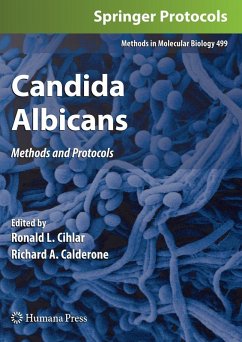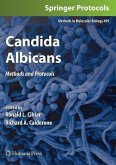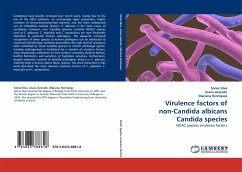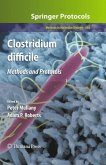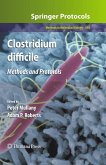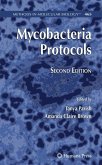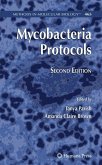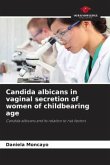Over the course of the past decade, there have been remarkable advances in the study of human pathogenic fungi. These developments have taken place throughout a wide range of disciplines, and have come as the result of newly available genome sequences of pathogens such as candida albicans and other model fungi. In Candida Albicans: Methods and Protocols, expert researchers explore these exciting new insights, focusing on the study of medically important fungi and Candida spp in particular. Chapters examine critical aspects of molecular methods, providing information on reporter gene assays, transformation, gene expression in vivo, and methods for large-scale gene disruption. At the same time, the work includes in-depth descriptions of disease models of candidiasis, facts about strain identification, and guidelines on the preparation of samples for proteomic investigations and tandem affinity purification. Composed in the highly successful "Methods in Molecular Biology(TM)" series format, each chapter contains a brief introduction, step-by-step methods, a list of necessary materials, and a Notes section which shares tips on troubleshooting and avoiding known pitfalls.
Authoritative and cutting edge, Candida Albicans: Methods and Protocols is an invaluable source of methods for investigators in the exhilarating fields of medical and molecular mycology.
Authoritative and cutting edge, Candida Albicans: Methods and Protocols is an invaluable source of methods for investigators in the exhilarating fields of medical and molecular mycology.
From the reviews:
"This small book is directed specifically to researchers involved in the study of yeast associated with human disease. ... this book will be used by scientists and students in the field of fungal and yeast research. ... This compact book ... would clearly be a good investment for scientists studying or teaching about Candida species and virulence in humans. Another positive attribute is its small size, which makes it easy to carry around and fit on a lab bench." (Rebecca T. Horvat, Doody's Review Service, June, 2009)
"Human pathogenic fungi, especially Candida albicans, are significant opportunist pathogens of immunocompromised and medically compromised patients. ... This book contains 18 succinct chapters that focus on ... important aspects of molecular methodology. ... Each chapter contains concise protocols, together with a useful Notes section providing tips on troubleshooting. This book will be a useful resource for researchers who work in the field. It is ... a worthwhile institutional purchase." (David Coleman, Microbiology Today, November, 2009)
"This small book is directed specifically to researchers involved in the study of yeast associated with human disease. ... this book will be used by scientists and students in the field of fungal and yeast research. ... This compact book ... would clearly be a good investment for scientists studying or teaching about Candida species and virulence in humans. Another positive attribute is its small size, which makes it easy to carry around and fit on a lab bench." (Rebecca T. Horvat, Doody's Review Service, June, 2009)
"Human pathogenic fungi, especially Candida albicans, are significant opportunist pathogens of immunocompromised and medically compromised patients. ... This book contains 18 succinct chapters that focus on ... important aspects of molecular methodology. ... Each chapter contains concise protocols, together with a useful Notes section providing tips on troubleshooting. This book will be a useful resource for researchers who work in the field. It is ... a worthwhile institutional purchase." (David Coleman, Microbiology Today, November, 2009)

